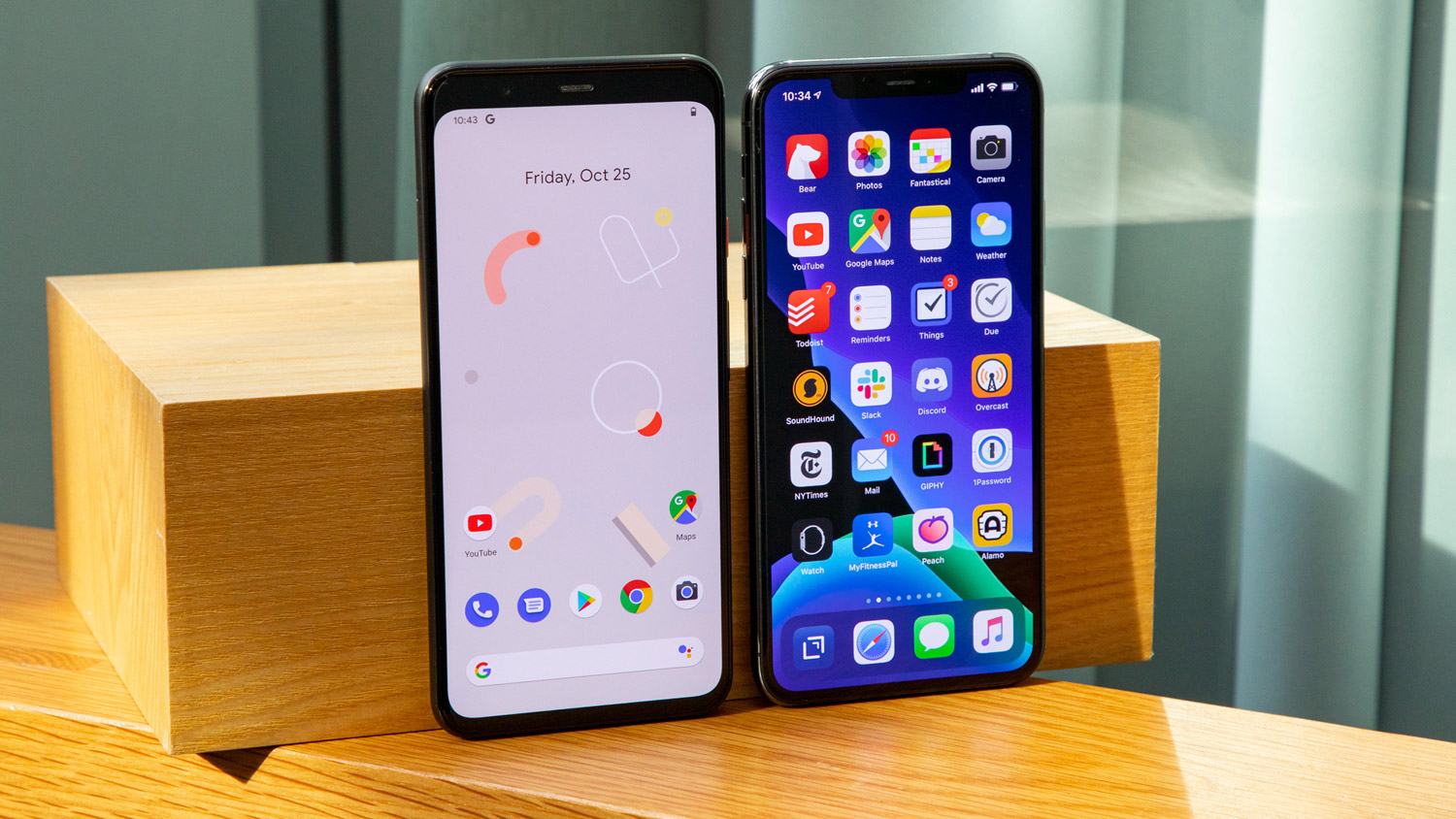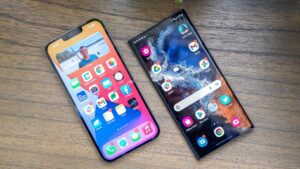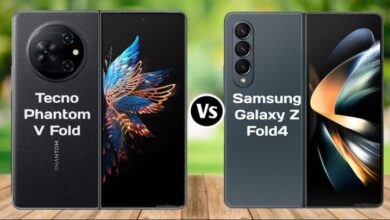iPhone vs Android: Ending the Debate

Perhaps the most common debate in the tech ecosystem is that between iPhones and Android users. This debate has dragged on for so long and is it often determined by the values placed on the gadgets.
Iphones (or iOS) have high functionality and are usually high-end and pricier than Android gadgets. Androids, on the other hand, are more accessible and relatable. But what really are the differences between the iPhones and Androids? Let’s look at them closely and see which might be the best for you.
Both iPhone and Android devices offer a wide range of functionalities, but there are some differences between the two platforms. Here’s an overview of the functionality offered by each:

- User Interface: iPhones run on Apple’s iOS, which provides a consistent and streamlined user interface. Android devices, on the other hand, offer more customisation options and a variety of user interfaces, as different manufacturers can create their own skins and overlays.
- App Ecosystem: Both iOS and Android have extensive app stores offering millions of applications. However, historically, iOS has had a reputation for getting high-quality apps first, while Android offers more flexibility in terms of app installation, including the ability to download apps from third-parties.
- Hardware Diversity: Android devices come from various manufacturers, offering a wide range of choices in terms of design, features, and price points. iPhones, on the other hand, are exclusively produced by Apple, which means less hardware diversity but tight integration between hardware and software.
- Customisation: Android devices excel in customisation options. Users can change default apps, adjust system settings, install custom ROMs, and personalise the user interface. iPhones, although more limited in customisation, provide a polished and consistent experience across devices.
- Integration with Ecosystem: iPhones seamlessly integrate with other Apple devices and services, such as Mac computers, iPads, Apple Watch, and iCloud. This integration allows for easy syncing and sharing of data. While Android devices can also integrate with other platforms, they do not offer the same level of tight integration.
- Updates: Apple generally releases iOS updates to all compatible devices simultaneously, providing consistent software updates and security patches. Android updates, on the other hand, can be delayed or fragmented due to variations in hardware, carrier interventions, and manufacturer customisations.
- Voice Assistants: iPhones come with Siri, Apple’s voice assistant, while many Android devices feature Google Assistant. Both voice assistants offer similar functionalities, but Google Assistant often integrates better with Google services and has a wider range of compatible devices.
Ultimately, the choice between an iPhone and an Android device comes down to personal preference and priorities. iPhones typically offer a more streamlined and user-friendly experience, while Android devices provide more flexibility and customisation options.
Esther Olamoyegun is a digital marketer and creative writer. She writes from Lagos.





